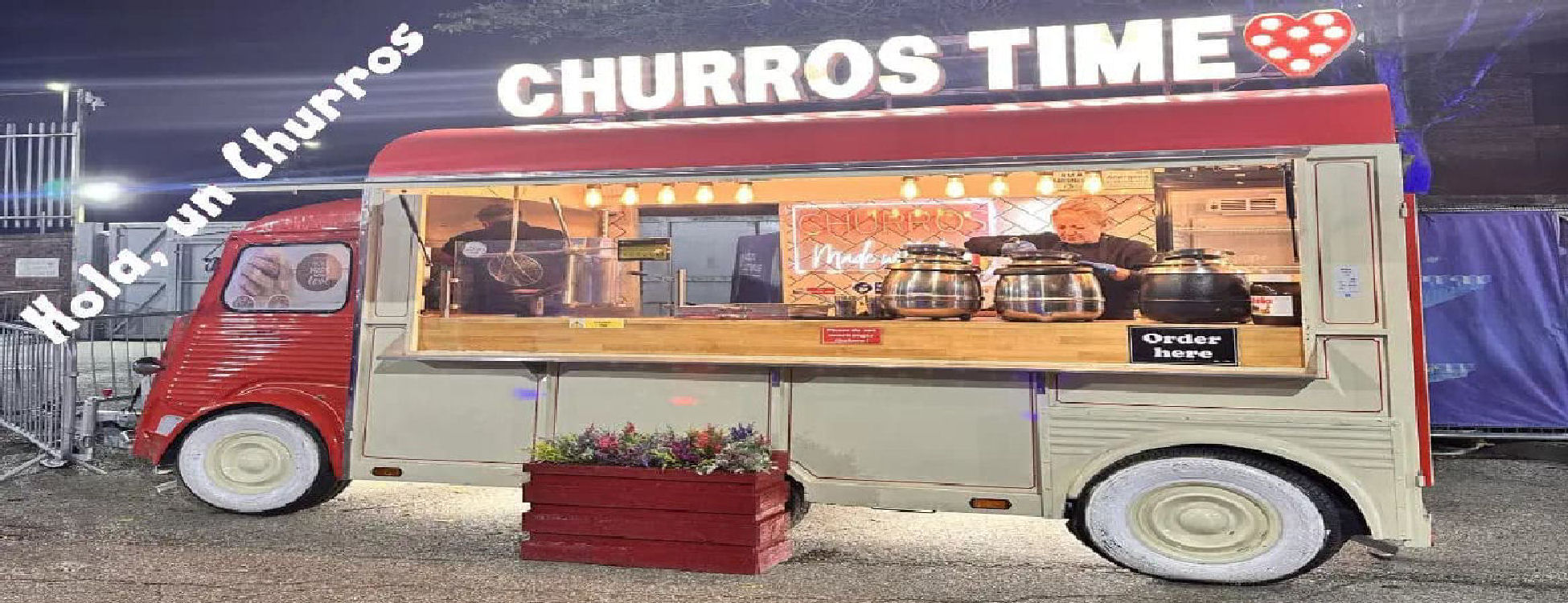Welcome to the world of Poffertjes, the little Dutch pancakes that have captured hearts and taste buds worldwide. These bite-sized delights are more than just a treat; they’re a culinary journey into Dutch culture and tradition.
Originating from the Netherlands, Poffertjes are a popular street food, especially at fairs and markets. They’re made from yeast and buckwheat flour, giving them a light, spongy texture that’s simply irresistible.
But what sets Poffertjes apart from your regular pancakes? It’s their size, taste, and unique preparation method. Cooked in a special pan with shallow indentations, these mini pancakes are a joy to watch as they’re made.
Whether you’re a food lover, a culinary adventurer, or a home cook looking for new recipes to try, Poffertjes offer a delightful experience. They’re versatile, fun, and a testament to the Dutch knack for creating simple yet satisfying comfort foods.
So, are you ready to embark on this delicious journey? Let’s dive into the world of Poffertjes, the little Dutch pancakes that are big on flavor and charm.
A Bite-Sized History of Poffertjes
Poffertjes trace their roots back to the Netherlands in the 18th century. Some believe they have religious origins, once used as communion bread due to their small, round shape. Over time, these mini pancakes gained popularity beyond religious settings, becoming a staple at markets and fairs.
Their fluffy texture and sweet flavor quickly captivated the Dutch palate. Poffertjes became a cherished symbol of festive gatherings and everyday indulgence. Their journey from religious roots to beloved street food reflects their adaptability and enduring appeal. Today, Poffertjes are enjoyed by locals and visitors alike, embodying a slice of Dutch culinary history.
Poffertjes vs. American Pancakes: A Delicious Difference
Poffertjes and American pancakes might seem similar at first glance, but their differences are quite remarkable. Poffertjes are petite, fluffy, and light, made primarily from yeast and buckwheat flour, which gives them a unique texture. In contrast, American pancakes are larger and thicker, often relying on baking powder for their rise.
The distinct cooking method of poffertjes sets them apart as well. They are cooked in a specialized poffertjes pan, creating their charming, rounded shape. While American pancakes often lean towards savory or syrup-drenched versions, poffertjes shine with a simple dusting of powdered sugar and butter, letting their rich flavor take center stage.
Of course American pancakes are also bigger. Way bigger, as poffertjes are the size of a 50p piece.
The Art of the Poffertjes Pan
The poffertjes pan is a culinary marvel with its iconic shallow indentations. This special pan is crucial in crafting perfectly shaped poffertjes with their distinctive golden hue. Whether cast iron or non-stick, its design ensures even heat distribution for uniform cooking.
To master poffertjes-making, consider these tips:
- Preheat the pan for even temperature.
- Grease each indentation lightly to prevent sticking.
- Fill each cavity with just enough batter for a fluffy rise.
This pan’s versatility extends beyond poffertjes, making it a valued tool in any kitchen.
Where to Find the Best Poffertjes in Amsterdam
Amsterdam is a haven for poffertjes lovers, with countless eateries and markets offering this delightful treat. The city’s vibrant culinary scene ensures you can savor these fluffy pancakes at many iconic spots. From quaint stalls to bustling markets, the aroma of poffertjes fills the air, inviting food enthusiasts to indulge.
Exploring the city, you’ll discover poffertjes are not just food but a cultural experience. Traditional vendors showcase generations-old recipes, creating a sense of nostalgia and community. Each location offers its unique twist, ensuring your poffertjes tasting tour is both satisfying and memorable.
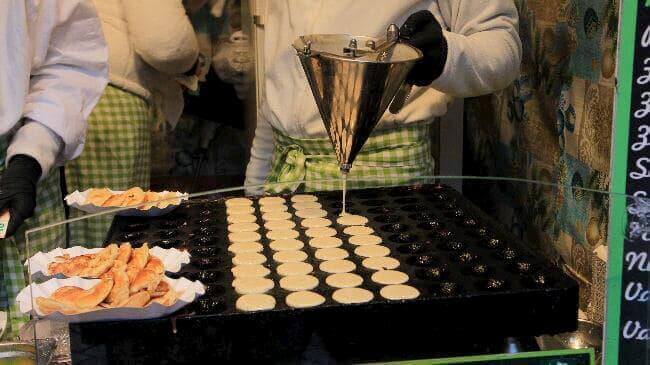
Poffertjes at Albert Cuyp Market
A must-visit is the Albert Cuyp Market, famed for its delicious poffertjes. Here, you can watch skilled vendors craft these mini pancakes with flair. The market’s lively atmosphere makes each bite of poffertjes all the more enjoyable, enhancing the charm of this traditional Dutch delicacy.
Crafting the Perfect Poffertjes at Home
Making poffertjes at home is a delightful culinary adventure. With the right tools and a bit of practice, you can recreate this Dutch delicacy. The key is to use a poffertjes pan, which has shallow indentations to form these mini pancakes.
To get started, gather these essential ingredients:
- Buckwheat flour and all-purpose flour
- Active dry yeast
- Milk
- Eggs
- A pinch of salt
- Powdered sugar and butter for serving
The poffertjes pan allows for even cooking, giving each poffertje its characteristic fluffy center and golden-brown exterior. Enjoy the satisfaction of creating these small wonders yourself, perfect for gatherings or a cozy family breakfast.
The Secret to Fluffy Poffertjes Batter
For wonderfully fluffy poffertjes, let your batter rise adequately. This step is crucial, as the yeast works its magic, creating an airy texture. Patience during this process will reward you with light, spongy pancakes.
Flipping Techniques: From Traditional to Modern
Mastering the flip is part of the poffertjes making art. Traditionally, a two-pronged fork is used, allowing precise flips. However, modern tools like small spatulas offer ease for beginners, ensuring perfect poffertjes every time.

Toppings and Variations: Sweet and Savory Delights
Poffertjes are as versatile as they are delicious. Their simplicity makes them a perfect base for an array of toppings and variations. Traditionally adorned with powdered sugar and butter, poffertjes can be customized to suit any palate.
For those with a sweet tooth, consider these tantalizing options:
- Drizzle of syrup or honey
- Fresh berries or sliced bananas
- Dollop of whipped cream
- Nutella or melted chocolate
For a savory twist, poffertjes can accommodate bolder flavors such as:
- Shredded cheese
- Thinly sliced smoked salmon
- A sprinkle of herbs and spices
The possibilities are endless, so feel free to get creative with your poffertjes toppings, turning these delightful mini pancakes into a canvas for culinary artistry.
Poffertjes: A Treat for All Seasons
Poffertjes bring joy to every season, offering comfort on cold winter days and delighting summer festival-goers. Whether enjoyed as a warming treat paired with a hot beverage or served as a refreshing snack with fruit, poffertjes are a year-round favorite that never fails to please and captivate.
Vegan and Gluten-Free Poffertjes: Inclusive Indulgence
Poffertjes have evolved, embracing dietary needs with vegan and gluten-free options that keep everyone included. Innovative recipes swap traditional ingredients for plant-based and gluten-free alternatives. This ensures that everyone can savor their delightful texture and taste. These adaptations invite more people to indulge in this Dutch classic.
Poffertjes and Dutch Gezelligheid: More Than Just Food
Poffertjes go beyond being just pancakes; they embody Dutch gezelligheid—a cozy, warm atmosphere shared among friends and family. Enjoying poffertjes is about more than taste; it’s about connection. These little pancakes foster gatherings filled with laughter and joy, making them a cherished part of Dutch social life.
Join the Poffertjes Craze: Social Media and Beyond
Poffertjes are taking the world by storm, popping up all over social media. Their photogenic appeal makes them stars on Instagram and TikTok, enticing foodies everywhere. Share your own poffertjes creations online, and join this delicious craze that’s captivating taste buds and imaginations worldwide.
Conclusion: Embracing the Joy of Poffertjes
Poffertjes are more than just a tasty treat; they are a delightful celebration of Dutch culture. Enjoy the adventure of making them at home or exploring them abroad. These little pancakes invite us to savor life’s simple pleasures, spreading joy and warmth with every bite.
Of course if you need a poffertjes service for your wedding or event in the UK, we can help you out. Get in touch for a quote.


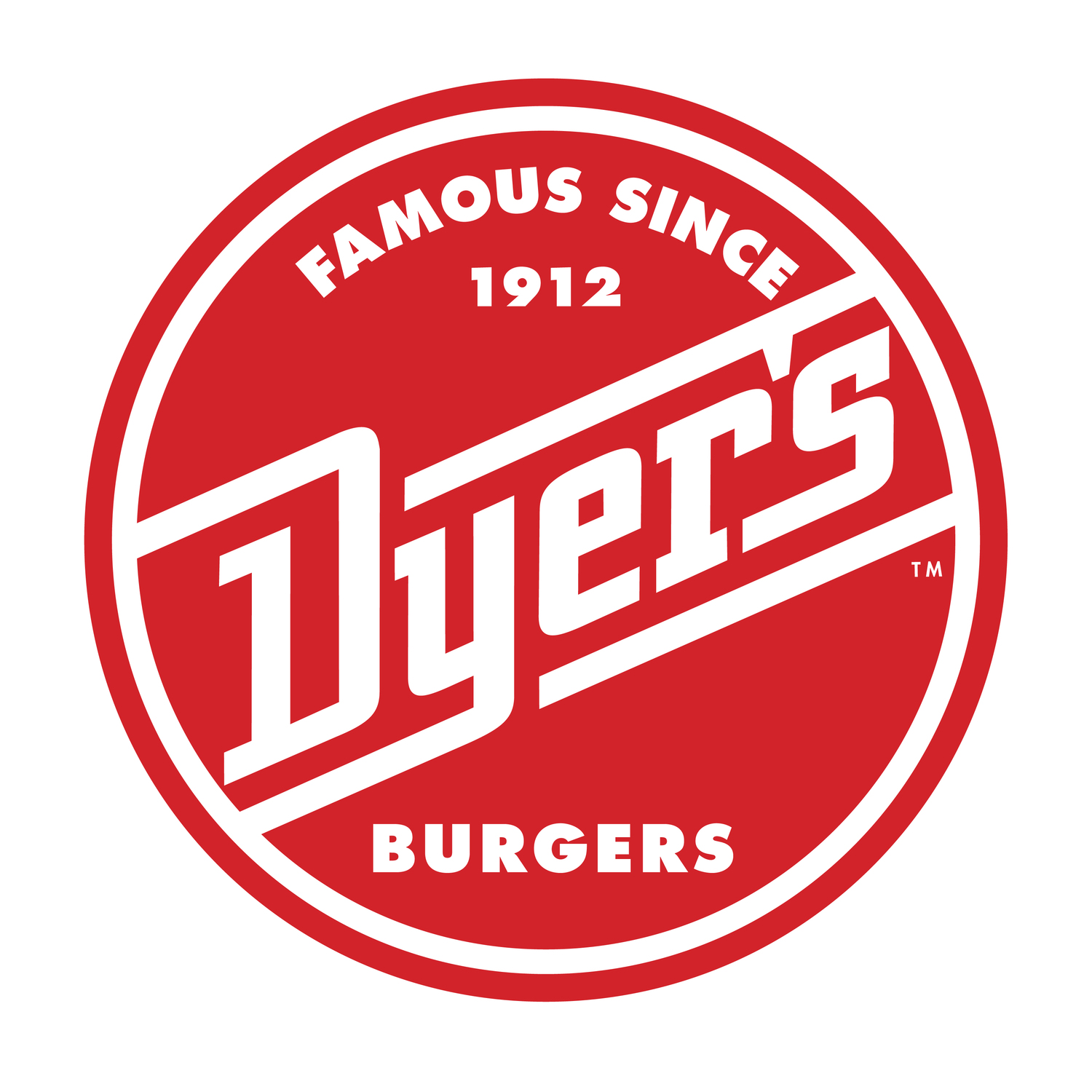
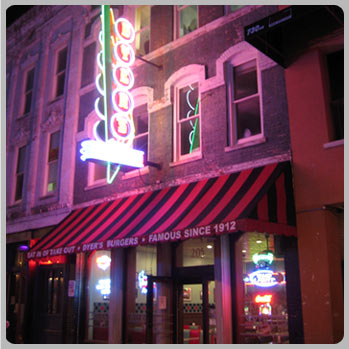
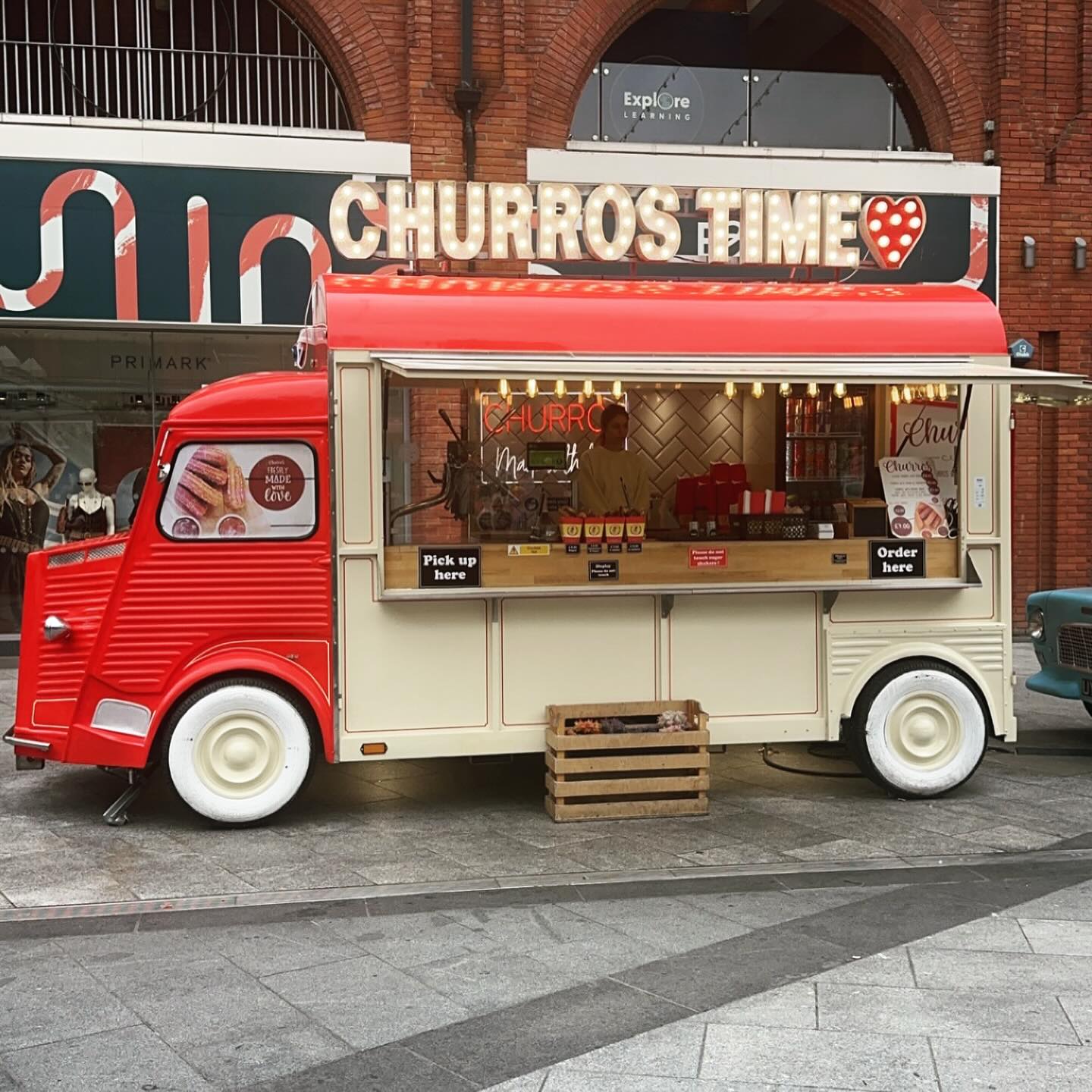





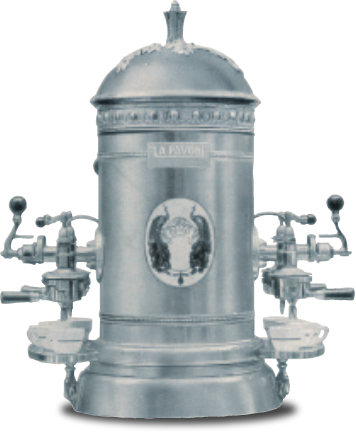
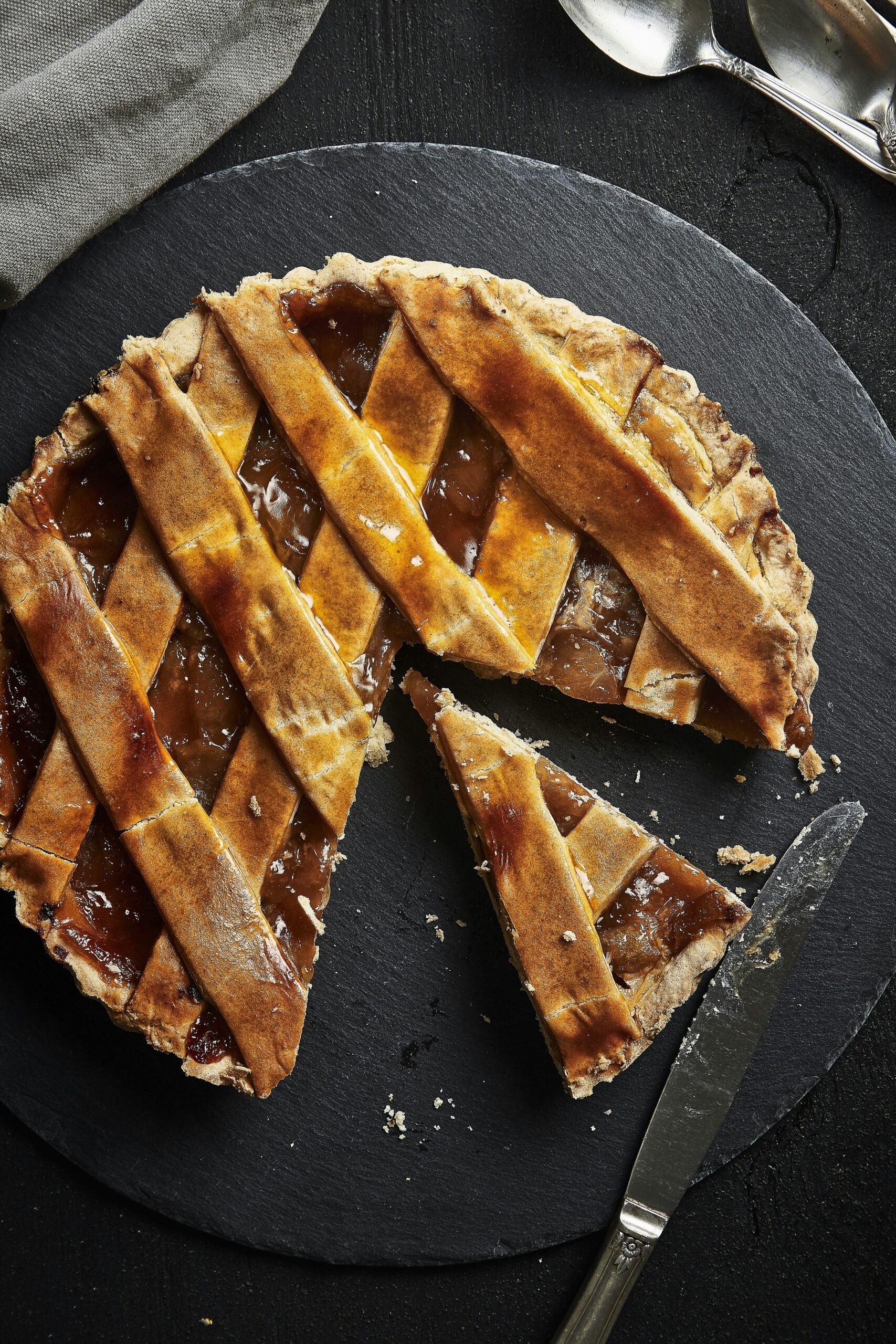
 by Ming Jun Tan (https://unsplash.com/@mingjuntan)
by Ming Jun Tan (https://unsplash.com/@mingjuntan) by CHUTTERSNAP (https://unsplash.com/@chuttersnap)
by CHUTTERSNAP (https://unsplash.com/@chuttersnap) by Priscilla Du Preez ???????? (https://unsplash.com/@priscilladupreez)
by Priscilla Du Preez ???????? (https://unsplash.com/@priscilladupreez)

